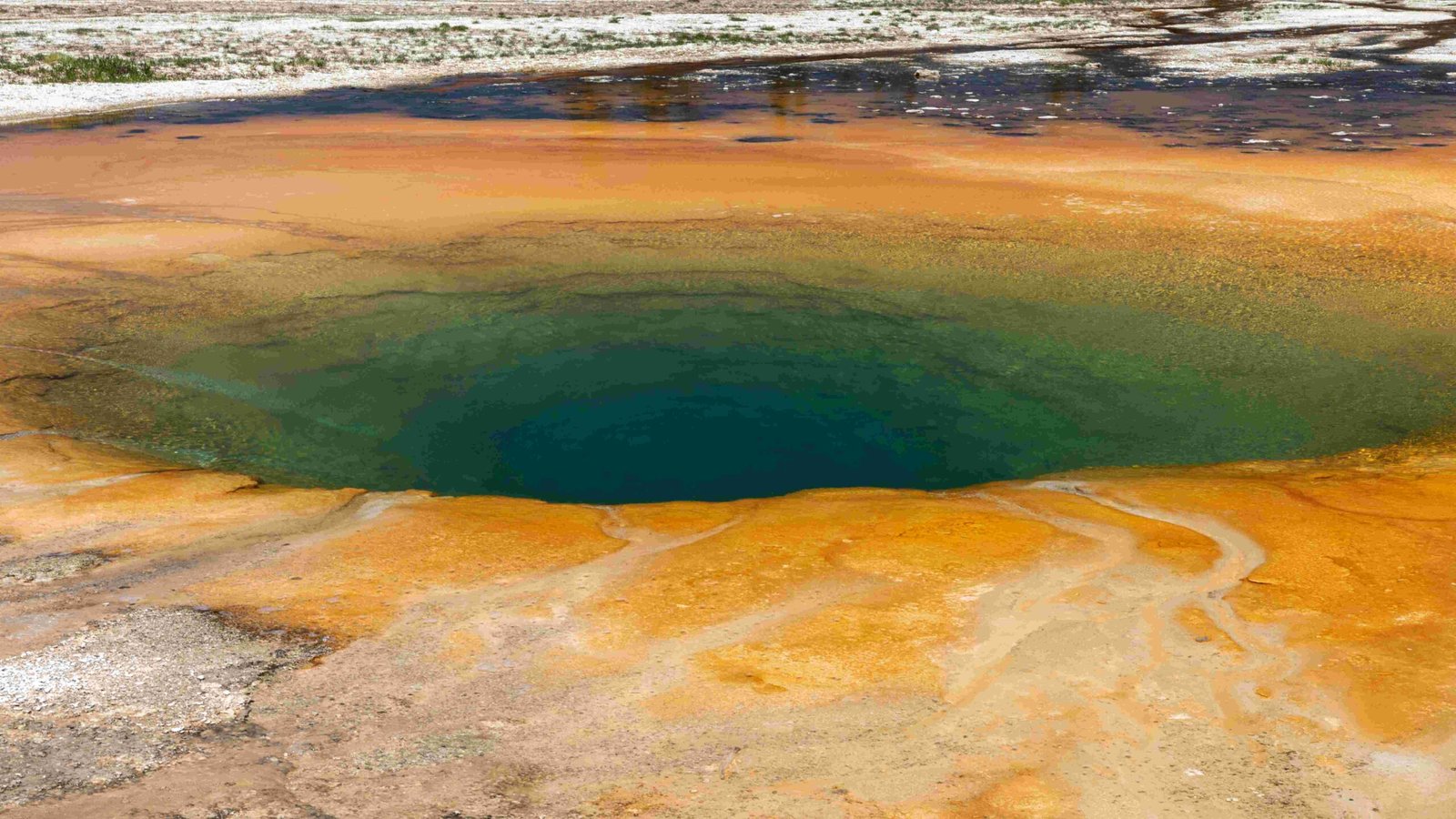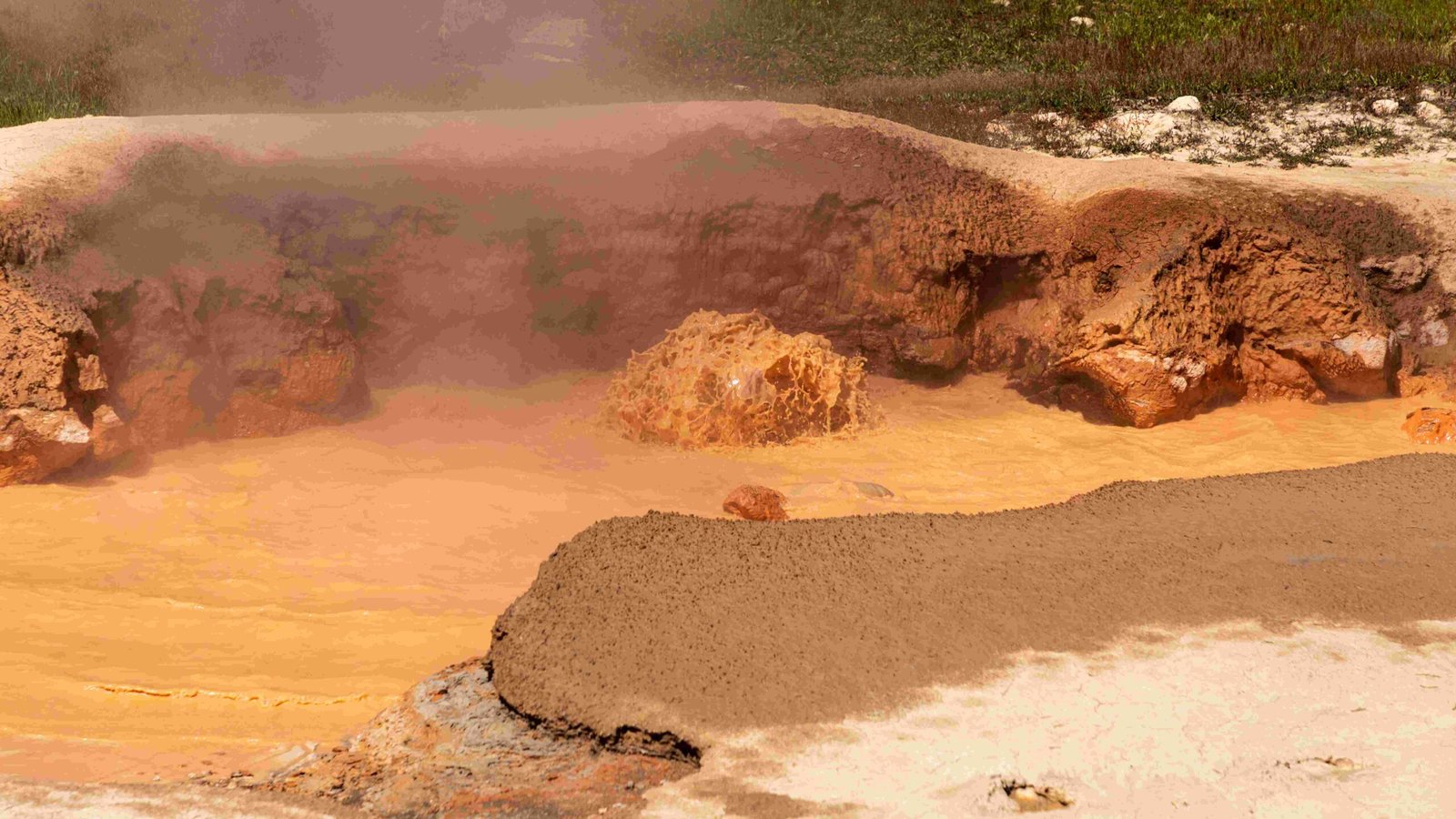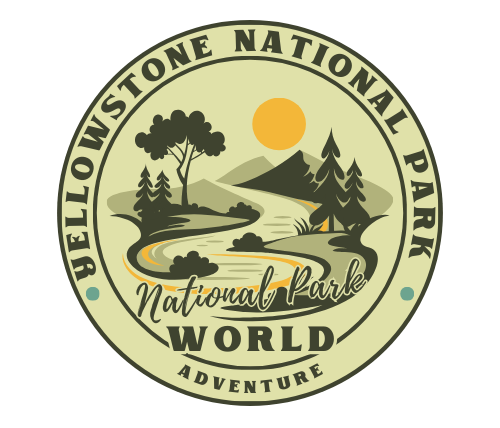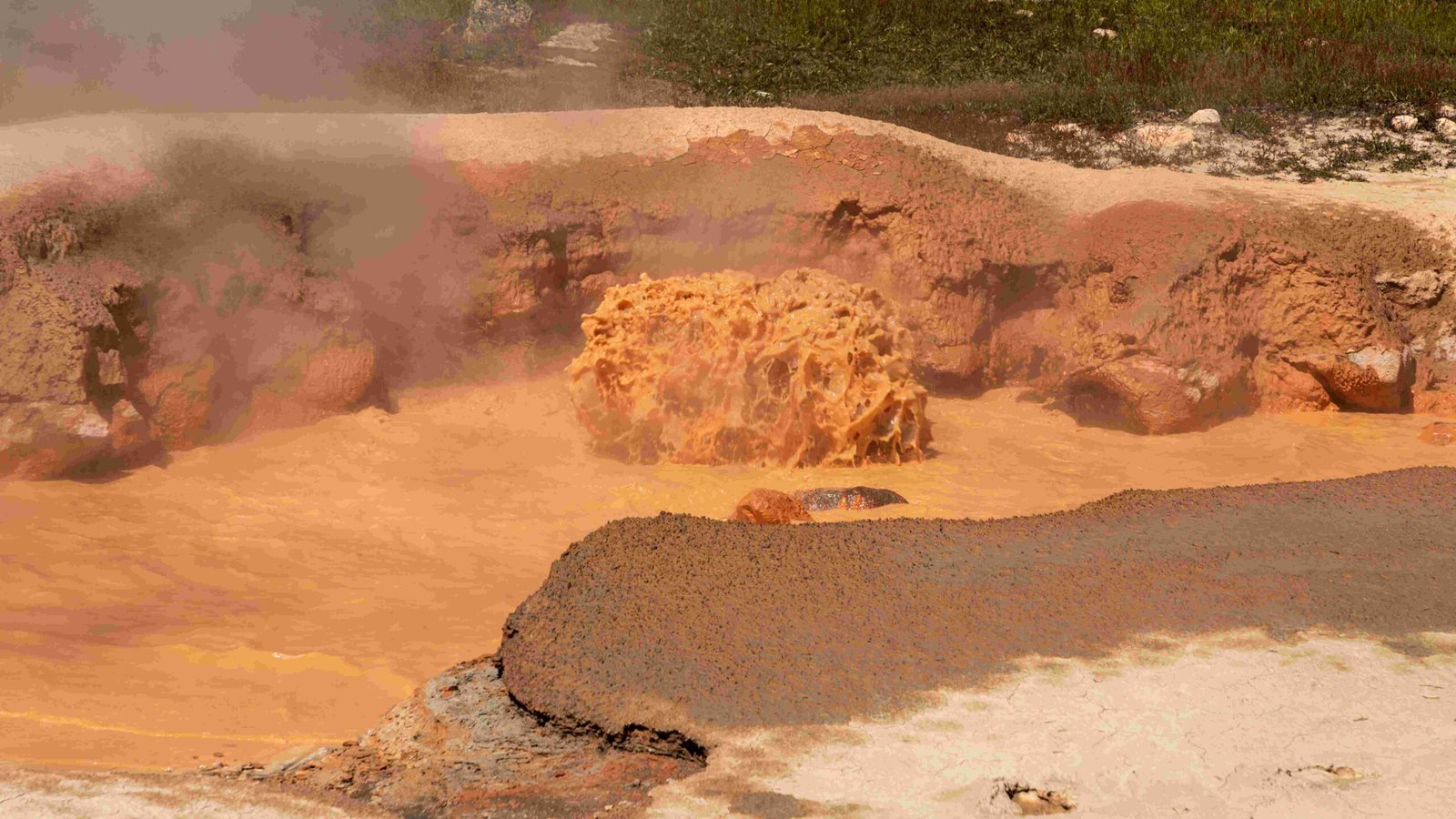Yellowstone National Park parking site overnight options are limited to designated campgrounds within the park. Overnight parking is strictly prohibited in visitor centers, pullouts, parking areas, or any undesignated locations. Campsites must be reserved in advance, with fees varying by location. The park offers 12 campgrounds, including Fishing Bridge RV Park with full hookups, and others with basic amenities. Strict regulations apply to protect the environment and wildlife.
Where Can I Park Overnight in Yellowstone National Park?

Overnight parking in Yellowstone National Park is only permitted in designated campgrounds. These include:
- Fishing Bridge RV Park
- Bridge Bay Campground
- Canyon Campground
- Grant Village Campground
- Madison Campground
- Indian Creek Campground
- Lewis Lake Campground
- Mammoth Campground
- Pebble Creek Campground
- Slough Creek Campground
- Tower Fall Campground
- Norris Campground
It’s crucial to note that parking or camping in pullouts, parking areas, picnic grounds, or any other undesignated areas is strictly prohibited.
What Are the Time Limits for Overnight Parking?

The time limits for overnight parking in Yellowstone National Park are as follows:
- From July 1 through Labor Day: 14 days maximum
- Rest of the year: 30 days maximum
- Exception: Fishing Bridge RV Park has no time limit
These limits help ensure fair access to the park’s limited camping facilities during peak seasons.
How Much Does Overnight Parking Cost in Yellowstone?
The cost of overnight parking in Yellowstone National Park varies depending on the campground and type of site. Here’s a general overview:
| Campground Type | Price Range |
|---|---|
| Group Sites | $146 – $430 per night |
| Individual Sites | Varies (check reservation systems) |
| RV Sites with Full Hookups | Higher fees (e.g., Fishing Bridge RV Park) |
| Basic Campsites | Lower fees (e.g., Indian Creek, Lewis Lake) |
For exact pricing, it’s best to check the park’s official reservation systems or contact Yellowstone National Park Lodges (YNPL) for the campgrounds they manage.
How Do I Reserve a Campsite for Overnight Parking?
Reserving a campsite for overnight parking in Yellowstone National Park involves the following steps:
- Decide on your preferred campground.
- Determine the reservation system:
- For Fishing Bridge, Bridge Bay, Canyon, Grant Village, and Madison campgrounds, use Yellowstone National Park Lodges (YNPL) system.
- For the other seven campgrounds, use recreation.gov.
- Book well in advance, especially for peak season (summer months).
- Note that Mammoth Campground offers first-come, first-served sites from October 15 to April 1.
Remember, most campsites are reserved far in advance, so early planning is crucial.
Can I Park Overnight at Yellowstone National Park Visitor Centers?
No, overnight parking is not allowed at Yellowstone National Park visitor centers. Here are the key points to remember:
- Visitor centers do not provide overnight parking facilities.
- They offer information and assistance for finding and booking campsites within the park.
- Overnight parking is strictly limited to designated campgrounds to maintain park regulations and protect the environment.
What Amenities Are Available at Overnight Parking Sites?
Amenities at overnight parking sites in Yellowstone National Park vary by campground:
- Fishing Bridge RV Park:
- Full hookups (water, sewer, and electricity)
-
Suitable for hard-sided vehicles only
-
Other Campgrounds:
- Range from basic to more developed facilities
- May include vault toilets or flush toilets
- Some have potable water available
Here’s a quick overview of amenities at select campgrounds:
| Campground | Toilets | Water | Dump Station |
|---|---|---|---|
| Bridge Bay | Flush | Yes | Yes |
| Canyon | Flush | Yes | Yes |
| Grant Village | Flush | Yes | Yes |
| Indian Creek | Vault | No | No |
| Lewis Lake | Vault | No | No |
What Regulations Should I Be Aware of When Parking Overnight?
When parking overnight in Yellowstone National Park, be aware of these important regulations:
-
Food Storage: Strict regulations to prevent attracting wildlife. Use bear-proof containers or food storage lockers provided.
-
Quiet Hours: Observed from 8 PM to 8 AM. Respect your fellow campers by minimizing noise during these times.
-
Generator Use: Restricted to certain hours and specific campsites. Check individual campground rules.
-
Fire Safety: Use designated fire rings only. Never leave fires unattended.
-
Wildlife Distance: Maintain a safe distance from all wildlife. Do not approach or feed animals.
-
Leave No Trace: Pack out all trash and leave your campsite as you found it.
-
Check-in/Check-out Times: Typically, check-out is by 11 AM, and check-in is after 2 PM. Verify specific times for your campground.
-
Vehicle Limits: Most sites allow a maximum of two vehicles and six people per site.
How Does Weather Affect Overnight Parking in Yellowstone?
Weather can significantly impact overnight parking in Yellowstone National Park:
- Seasonal Road Closures: Some campgrounds may be inaccessible due to snow in winter months.
- Temperature Fluctuations: Be prepared for cold nights, even in summer. Bring appropriate gear.
- Snow and Ice: In winter, ensure your vehicle is equipped for snowy conditions.
- Flooding: Spring melt can cause flooding in some areas. Check current conditions before your trip.
- Fire Danger: During dry periods, fire restrictions may be in place, affecting campfire use.
Always check the park’s official website or contact rangers for current weather-related advisories before your visit.
What Should I Pack for Overnight Parking in Yellowstone?
When preparing for overnight parking in Yellowstone National Park, consider packing:
- Tent or RV (depending on your campsite)
- Sleeping bags rated for cold temperatures
- Extra blankets
- Warm clothing (layers are best)
- Rain gear
- Cooking equipment (if allowed at your campsite)
- Bear-proof food storage containers
- First aid kit
- Flashlights or headlamps
- Maps and compass
- Insect repellent
- Sunscreen
- Water containers and water purification method
- Emergency car kit (jumper cables, tools, etc.)
Remember, proper preparation is key to a safe and enjoyable overnight stay in Yellowstone.

